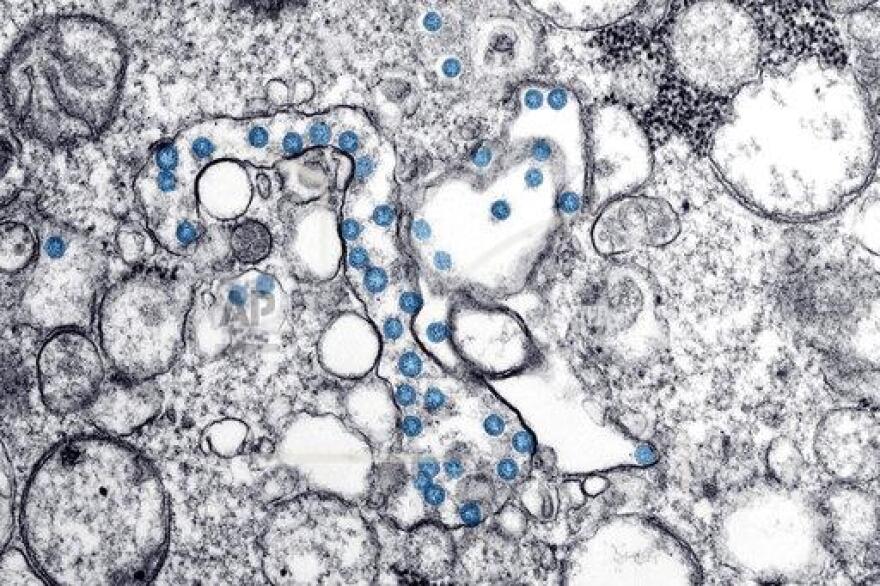State Senator Phil Berger and Wake Forest infectious disease expert Dr. John Sanders provided new details on an antibody testing program for COVID-19 during a press conference Wednesday.
The legislature is providing $100,000 in the search for answers.
The plan is to distribute as many as 25,000 tests by mid-May. Volunteer patients of Wake Forest Baptist and Atrium Health in Charlotte will then be tracked to see if they have the antibodies.
Dozens of blood tests are coming into the market with varying reliability. Sanders says there are limits to testing but there's still value in doing them.
“We expect that over time that we are going to learn that some tests are better suited than others,” he says. “And that some antigens — the component of the virus that we're detecting antibody against — are more important than others in terms of predicting disease outcome as well as predicting potential protection.”
Sanders says he's hoping the results of the study can be used to track the disease in the region down to the zip code level.
Sen. Berger (R-Surry) says not knowing the prevalence of the disease is a missing piece of information that's needed to make the decision on re-opening the economy.
"This study and others may show that the virus is worse than the current models that are out there are projecting," he says. "But without hard data to back up the opinions that are being expressed, people are increasingly going to be reluctant to comply with government-mandated shutdowns. The data that comes from this study may also show that the situation is much better than those models project. In that case, I believe we can be confident that a reopening of the economy can be done safely. Either way, the key thing is that we need to know."
For the most up-to-date information on coronavirus in North Carolina, visit our Live Updates blog here. WFDD wants to hear your stories — connect with us and let us know what you're experiencing.

